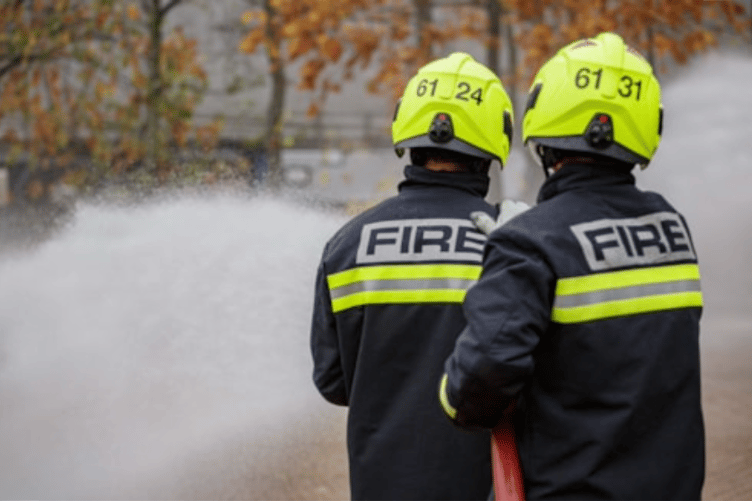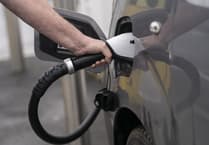Fire crews will no longer attend automatic fire alarms at certain buildings without a confirmed sign of fire, following changes announced by Devon and Somerset Fire and Rescue Service.
In the last five years to March 2025, automatic fire alarms have alerted the service almost 58,000 times.
On average, only 1.7% of the automatic fire alarms attended by fire crews were classed as emergencies.
The fire service has decided this places an unnecessary burden on the service’s resources and ability to be ready and available for genuine emergencies.
These changes are expected to save the fire service in the two counties £178,577.53 a year.
The changes are being made following consultation with the public, businesses and staff between February and April.
The following changes will be implemented from November 4 2025:
- Industrial and commercial – 24 hours non-attendance to automatic fire alarms unless confirmed signs of fire.
- Retail and public assembly – 24 hours non-attendance to automatic fire alarms unless confirmed signs of fire (maintaining out-of-term-time cover for schools).
- Residential – phased approach to introduce non-attendance to automatic fire alarms during daytime hours, unless confirmed signs of fire.
Within the residential category, the service will:
- Exempt care homes, houses of multiple occupation and sheltered accommodation.
- Carry out a phased approach, starting with prisons, boarding schools and hospitals that are not exempt.
Chief fire officer Gavin Ellis said: “These changes will help us to keep our fire crews available for real emergencies and prevention work rather than attending false alarms.
“We will always attend if someone has reported a sign of fire. The changes are only to what we will do in response to an automatic alert, not a report of a fire.
“We will also always attend single domestic properties, such as houses, or where there is a known night-time sleeping risk.”





Comments
This article has no comments yet. Be the first to leave a comment.